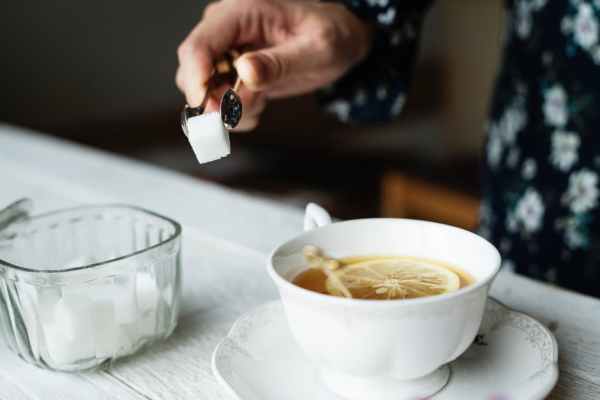This post will explain the types of science communication careers out there and how to prepare yourself for them. Scroll to the bottom for a table comparing different scicomm careers on the basis of job security, compensation, competition, and potential for working remote.
How to stretch your groceries and make fewer trips to the store
Hate grocery shopping? Make the most of your grocery store trips and cut your shopping to once or twice per month with these food-saving and meal-planning tips.
23andMe is using my data to sell drugs, and I’m okay with that
A year ago, I spit in a cup and signed my genetic data away to 23andMe. Today, I learned that they've used that data to develop a drug for psoriatric arthritis, and licensed it to a major pharmaceutical company.
Video Clips
This post features educational videos on food/agricultural science
Science communication shouldn’t just be aimed at the general public
I recently attended a large synthetic biology conference. Pam Ronald, a renowned plant pathologist who is also known for being outspoken about genetic engineering gave one of the keynote addresses. As one of the few people from a plant biology background in the room, what happened afterwards surprised me. Dr. Ronald’s talk focused on the... Continue Reading →
Does splenda cause cancer?
A recent study about sucralose created a social media frenzy. But did the results really show that splenda causes cancer?
Every scientist should write for The Conversation
The Conversation is a non-profit organization that helps academics write news articles. Writing about your research for The Conversation is a no-brainer. It’s relatively easy to do, helps non-scientists appreciate your research, and brings your publications to the attention of other scientists.
Should you apply for the AAAS Mass Media Fellowship?
The AAAS Mass Media Fellowship places scientists in newsrooms for 10 weeks. Every grad student/postdoc should consider applying.
Hey scientists, want your research to get media attention? Follow these tips.
Media coverage of your publications will increase readership among scientists and enlighten non-scientists about the value of the work you do. Only a minority of publications catch the attention of the press, but there are steps you an take to put your work in the spotlight.
8 bee experts weigh in on pollinator decline & Cheerios’ bid to save them
We’ve been hearing a lot about declining bee populations. As scientists, we’re concerned about our pollinator friends. So we interviewed 8 entomologists, bee-keepers, and other pollinator experts to cut through the buzz about bees.









